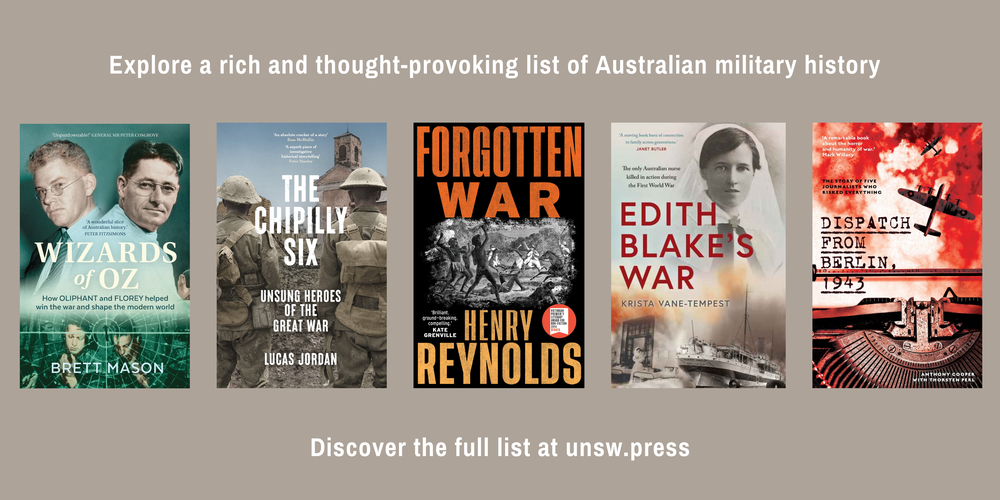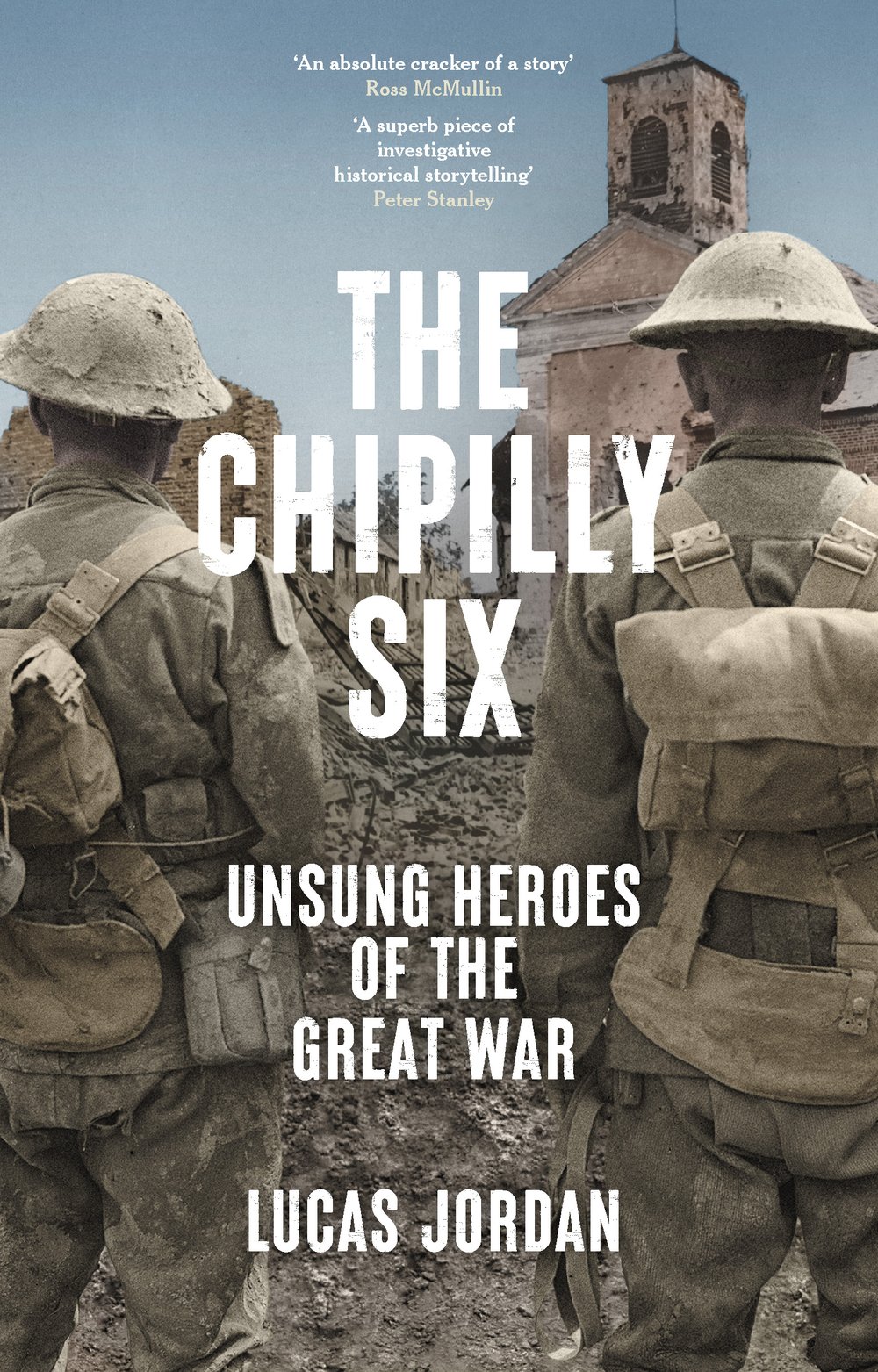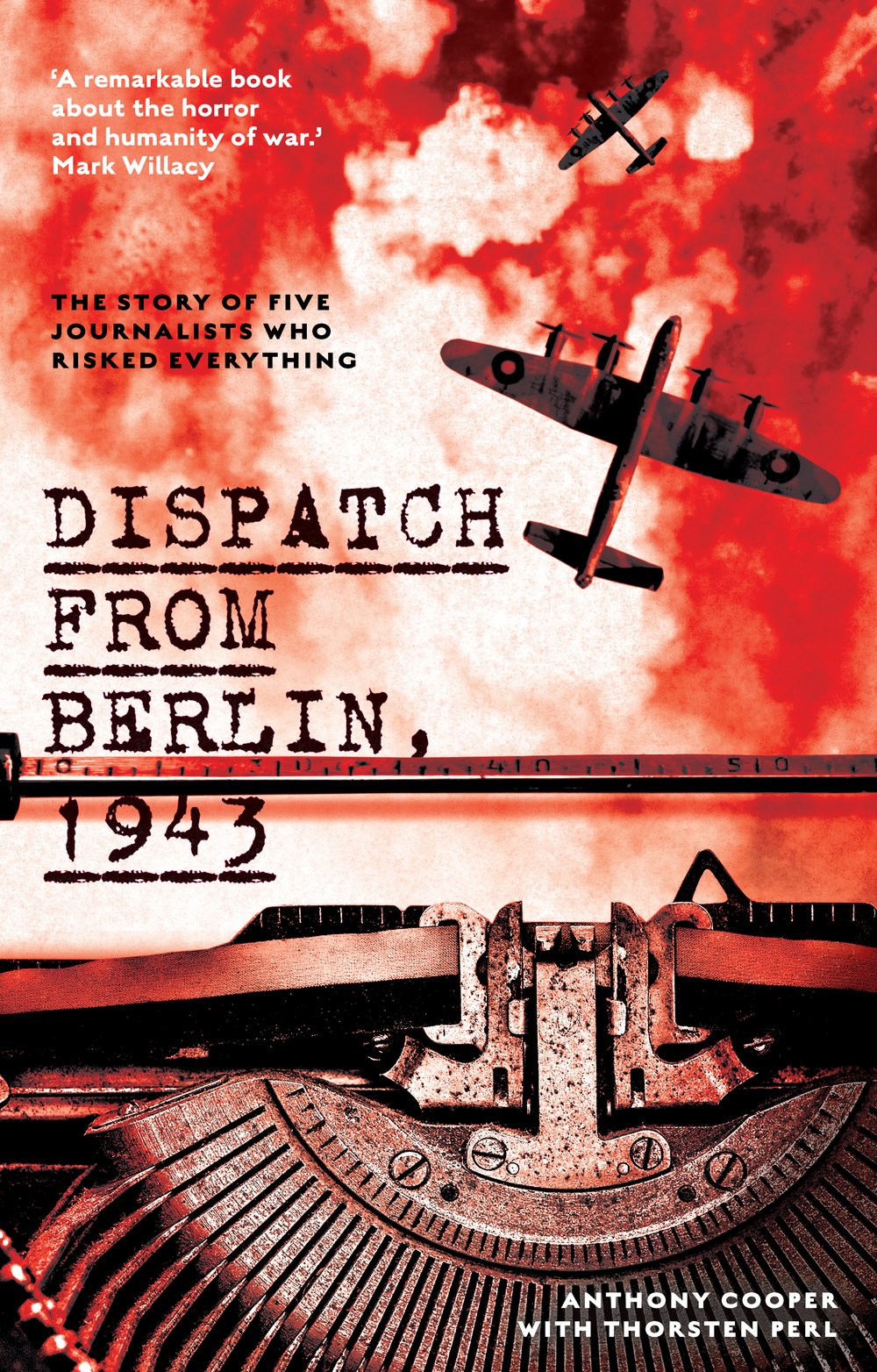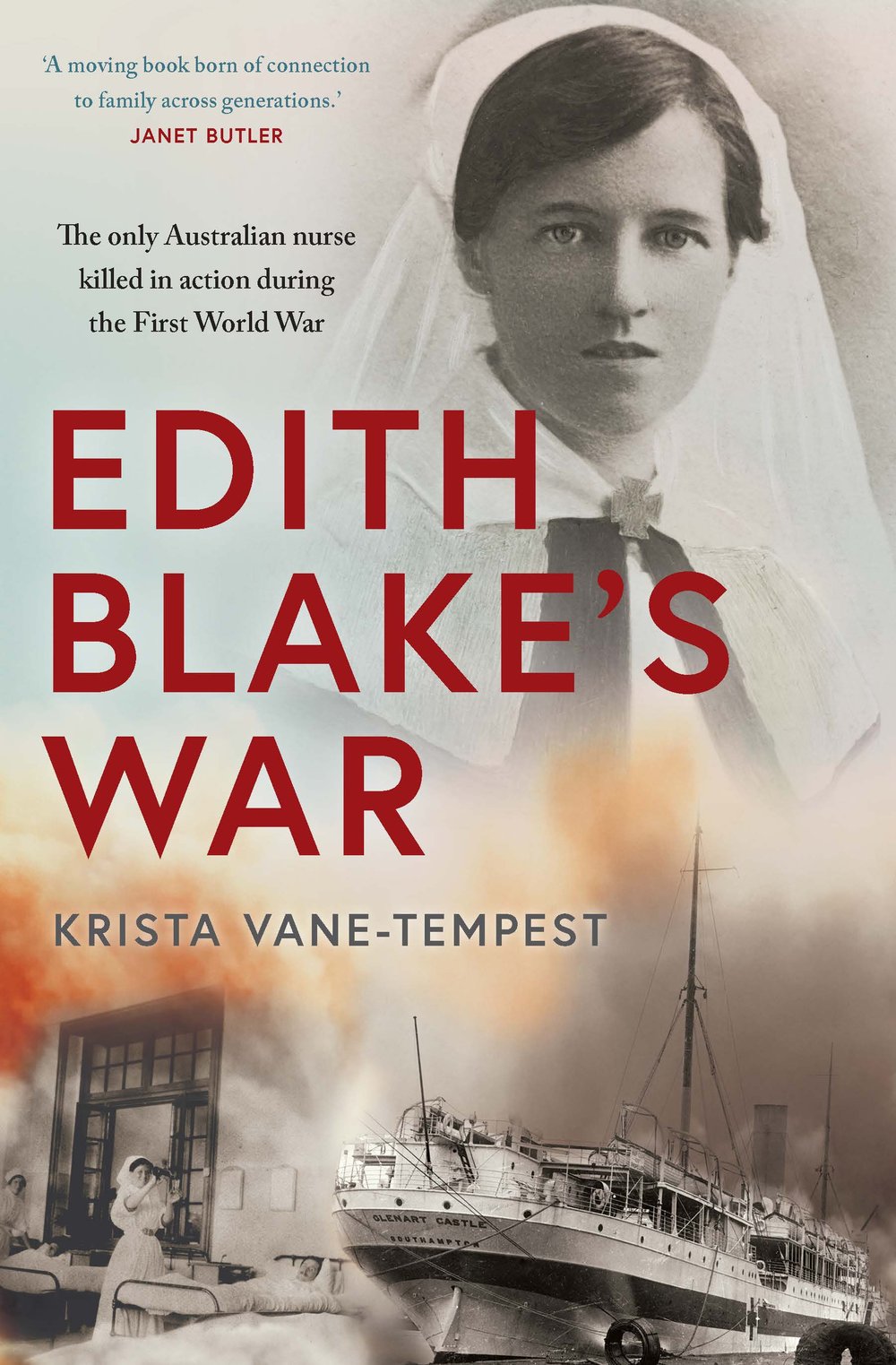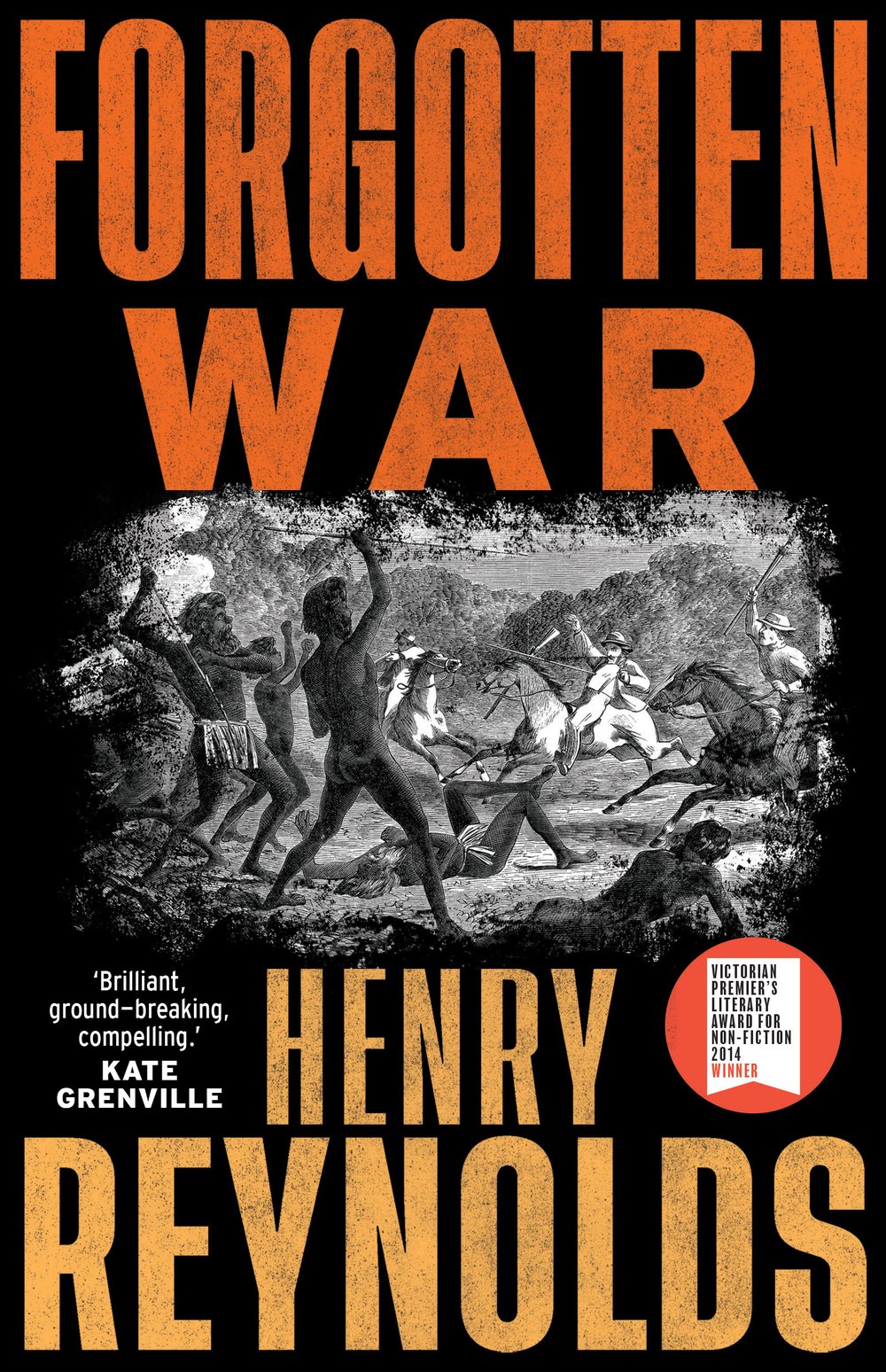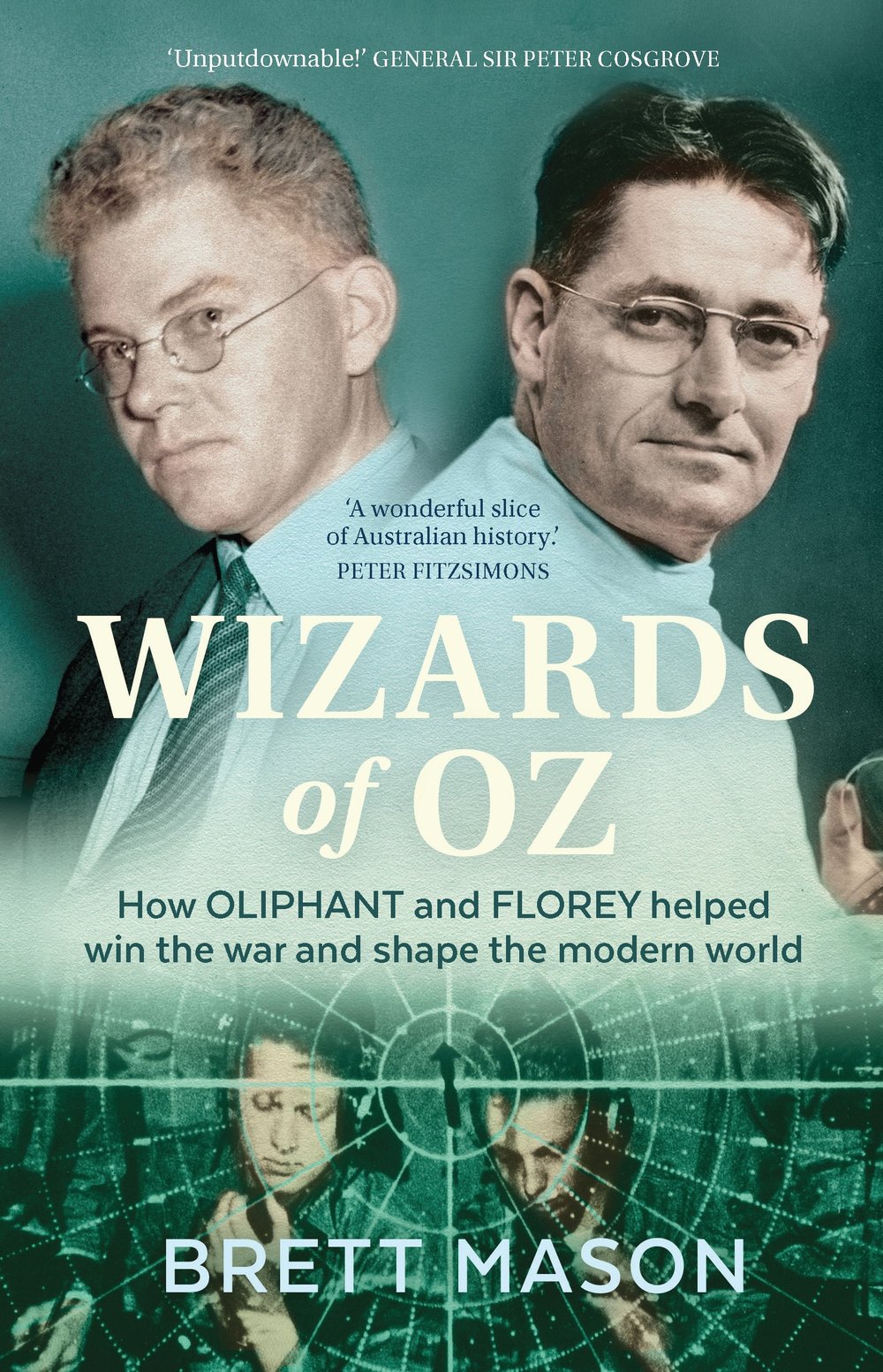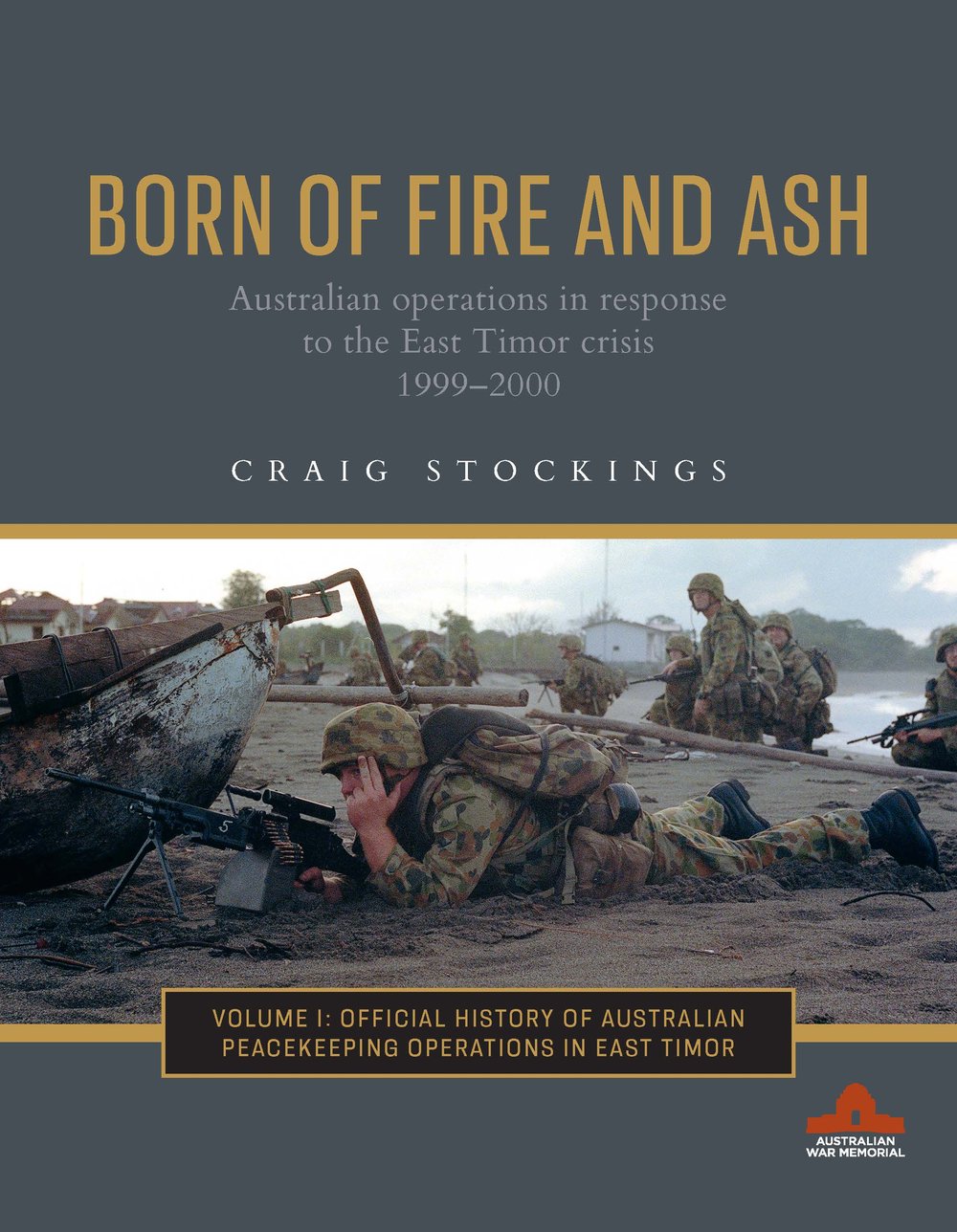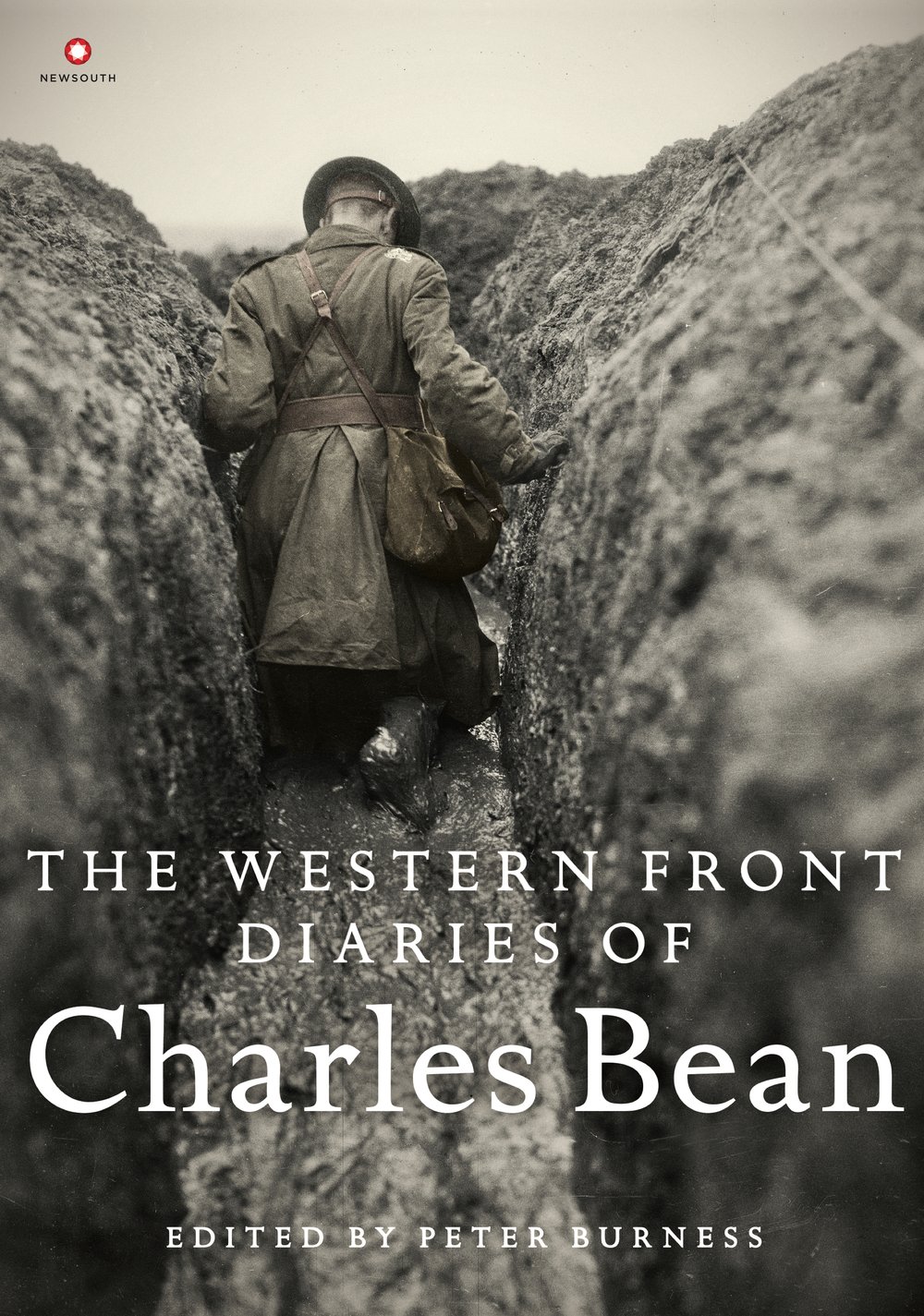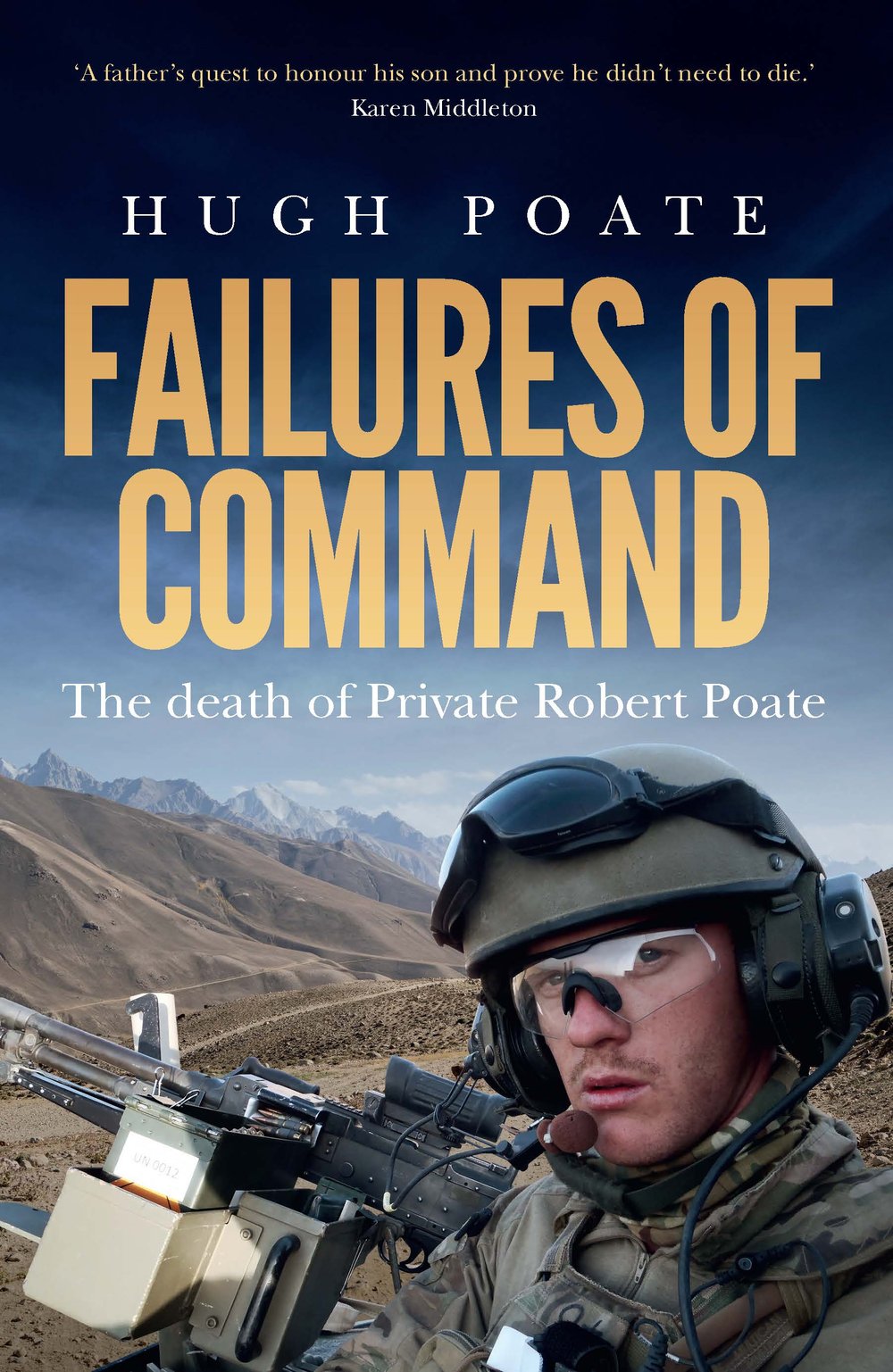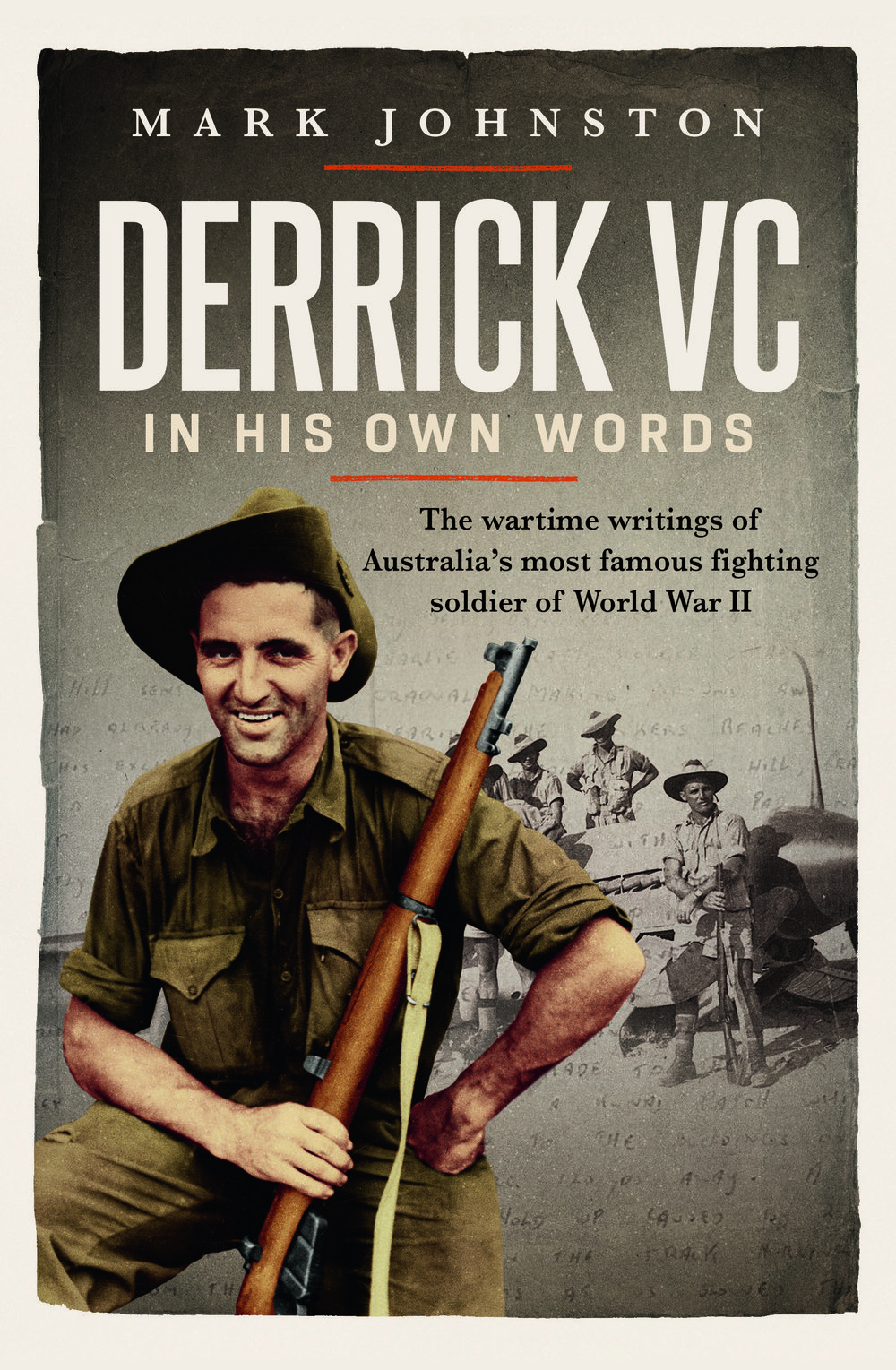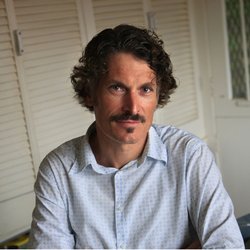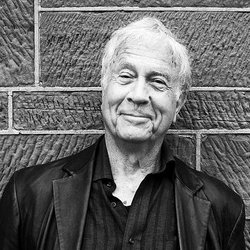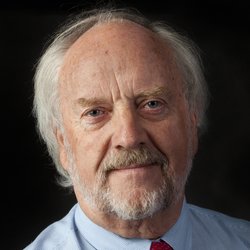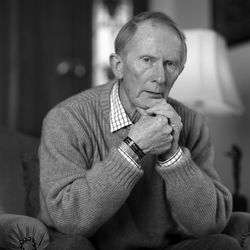A rich and thought-provoking selection of military history for readers to explore as we approach the commemoration of Anzac Day on 25 April.
Our comprehensive military history list is available here.
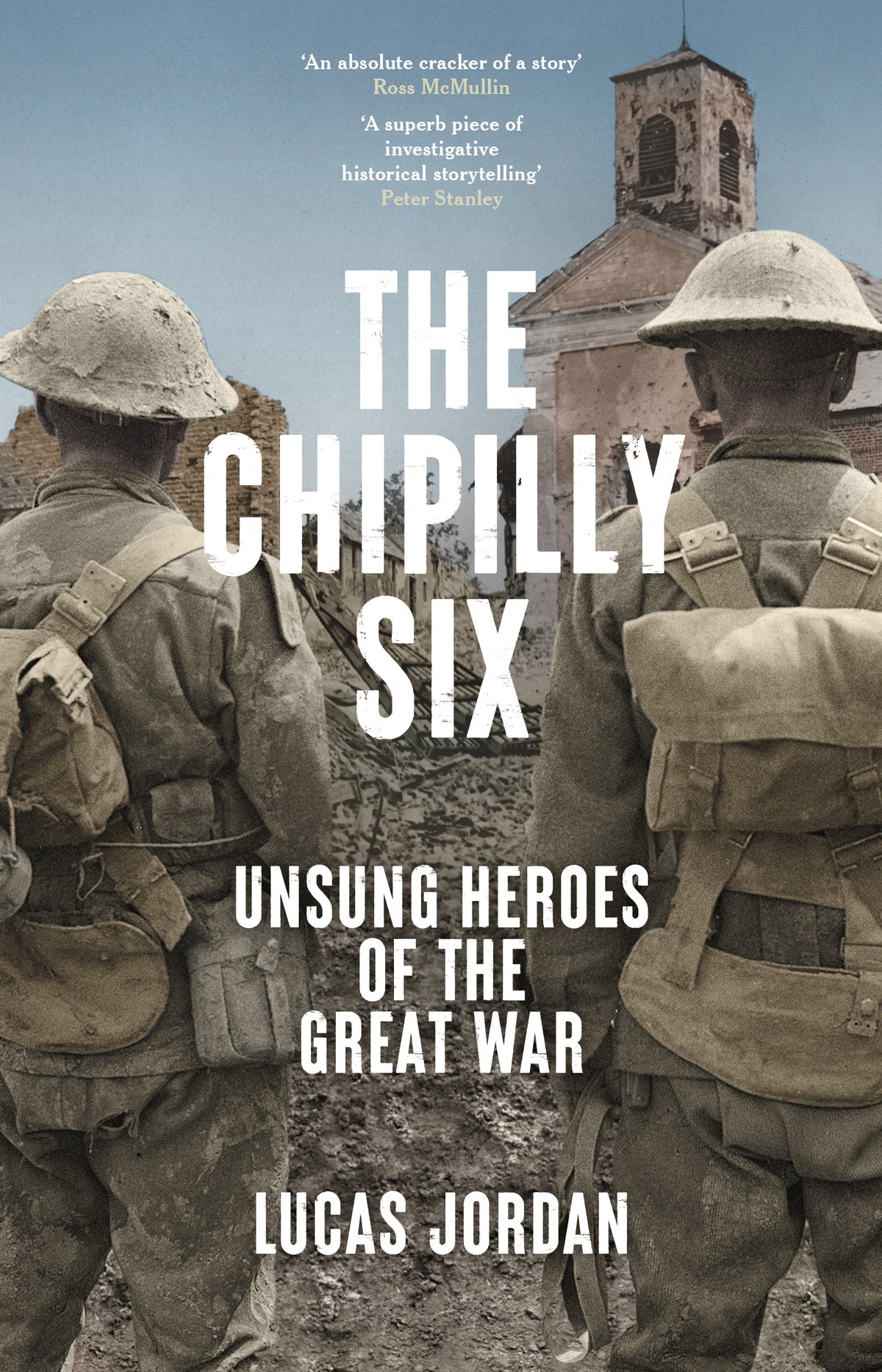
The Chipilly Six: Unsung heroes of the Great War by Lucas Jordan
The extraordinary feats of the Chipilly Six and the personal stories of these diggers have been overlooked. Historian Lucas Jordan weaves a compelling tale of the lives of the soldiers, chronicling their return home and years after service, through a pandemic, the Great Depression, another world war and the very first Anzac Day dawn service.
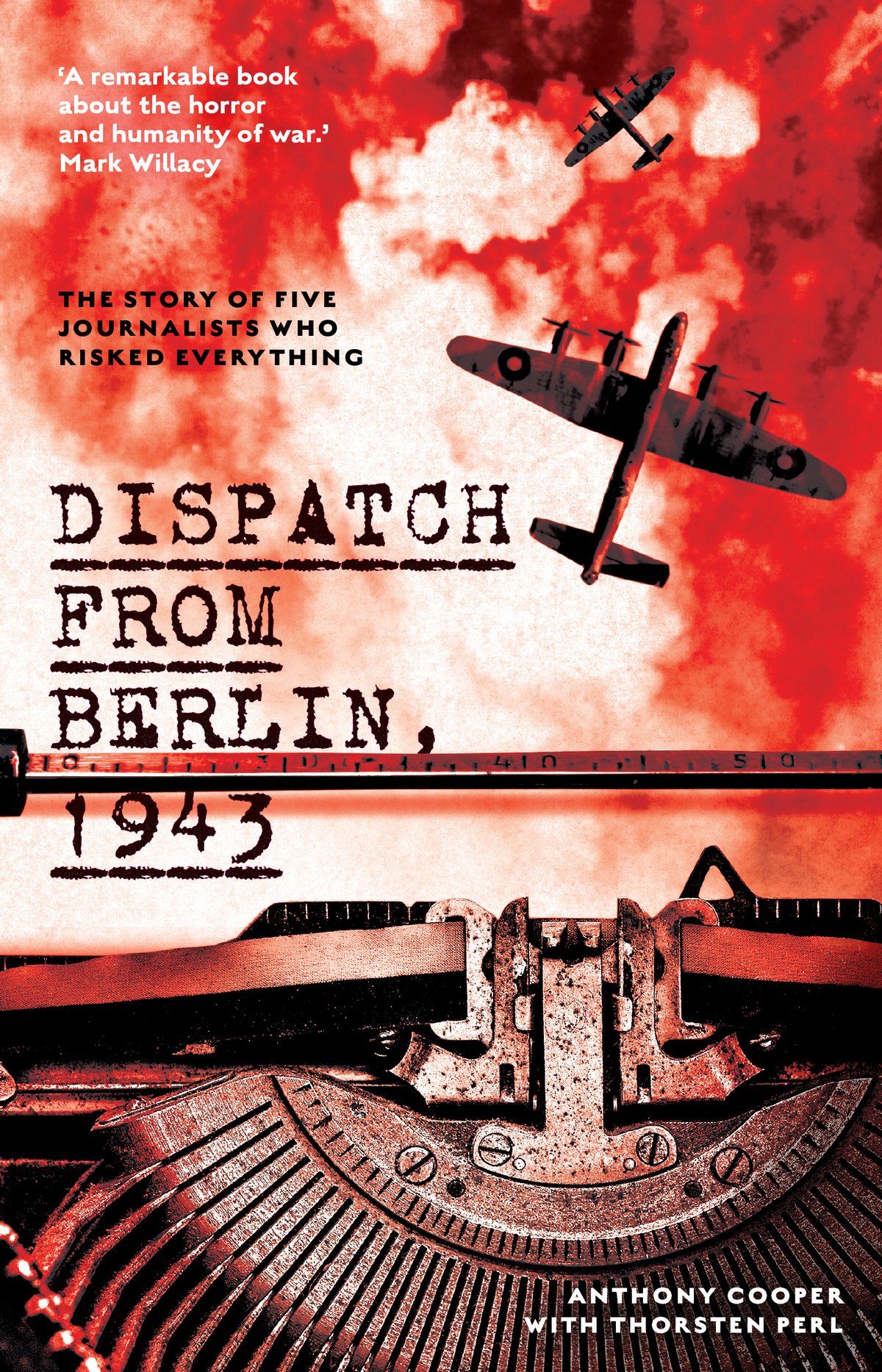
Dispatch from Berlin, 1943: The story of five journalists who risked everything by Anthony Cooper, with Thorsten Perl
In December 1943, five courageous correspondents join a British air raid on Berlin. They are Australians, Alf King from the Sydney Morning Herald and Norm Stockton from the Sydney Sun; Americans, Ed Murrow from CBS and Lowell Bennett from the International News Service; and Norwegian journalist and activist, Nordahl Grieg. Each is assigned to one of the 400 Lancaster bombers that fly into the hazardous skies over Germany on a single night. Of the five, only two land back at base to file their stories.
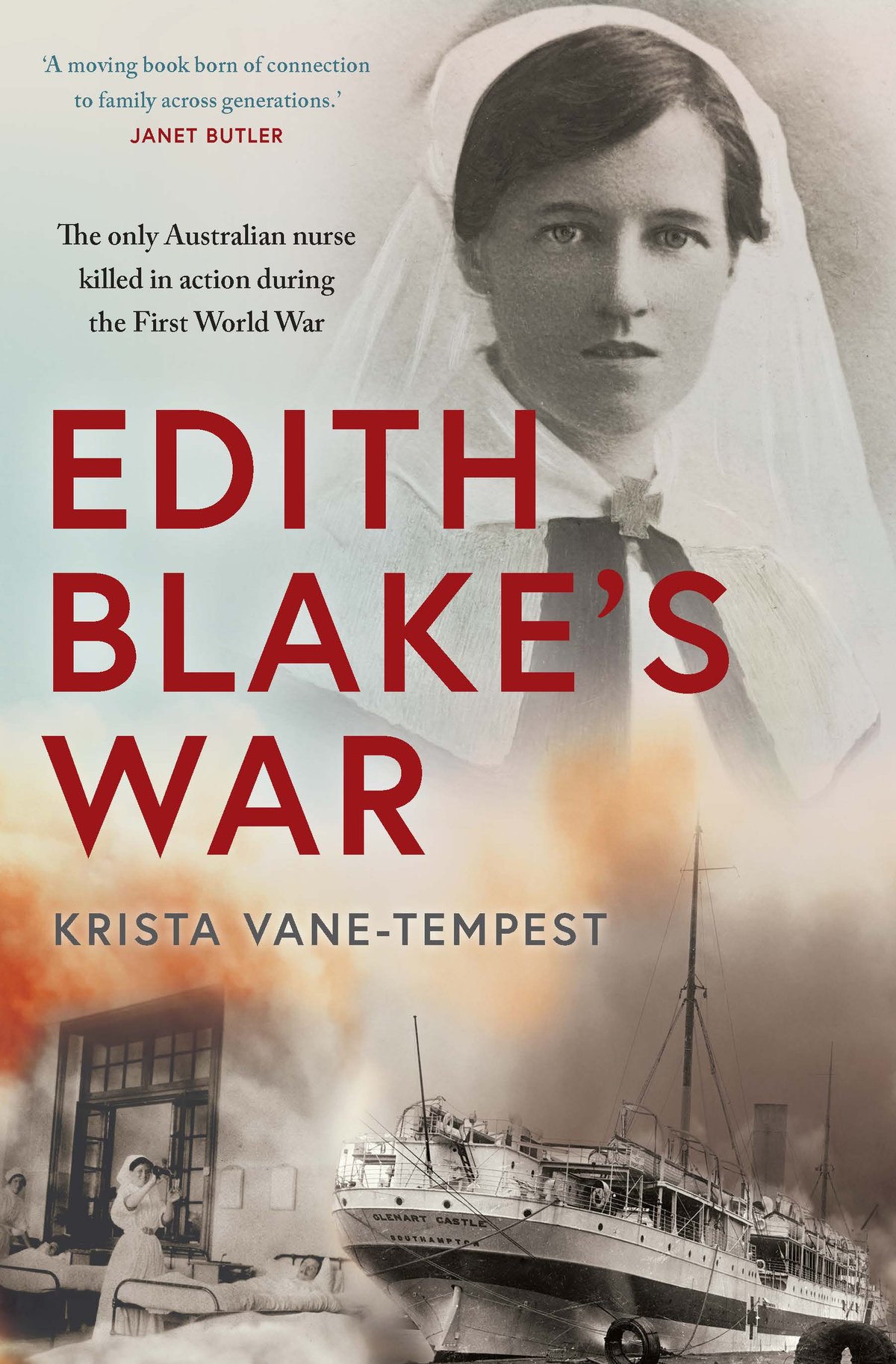
Edith Blake’s War: The only Australian nurse killed in action during the First World War by Krista Vane-Tempest
In Edith Blake’s War, her great niece, Krista Vane-Tempest, traces Edith’s gripping story, from training in Sydney to her war service in the Middle East, England and the Mediterranean, and her tragic death in waters where Germany had promised the safe passage of hospital ships.
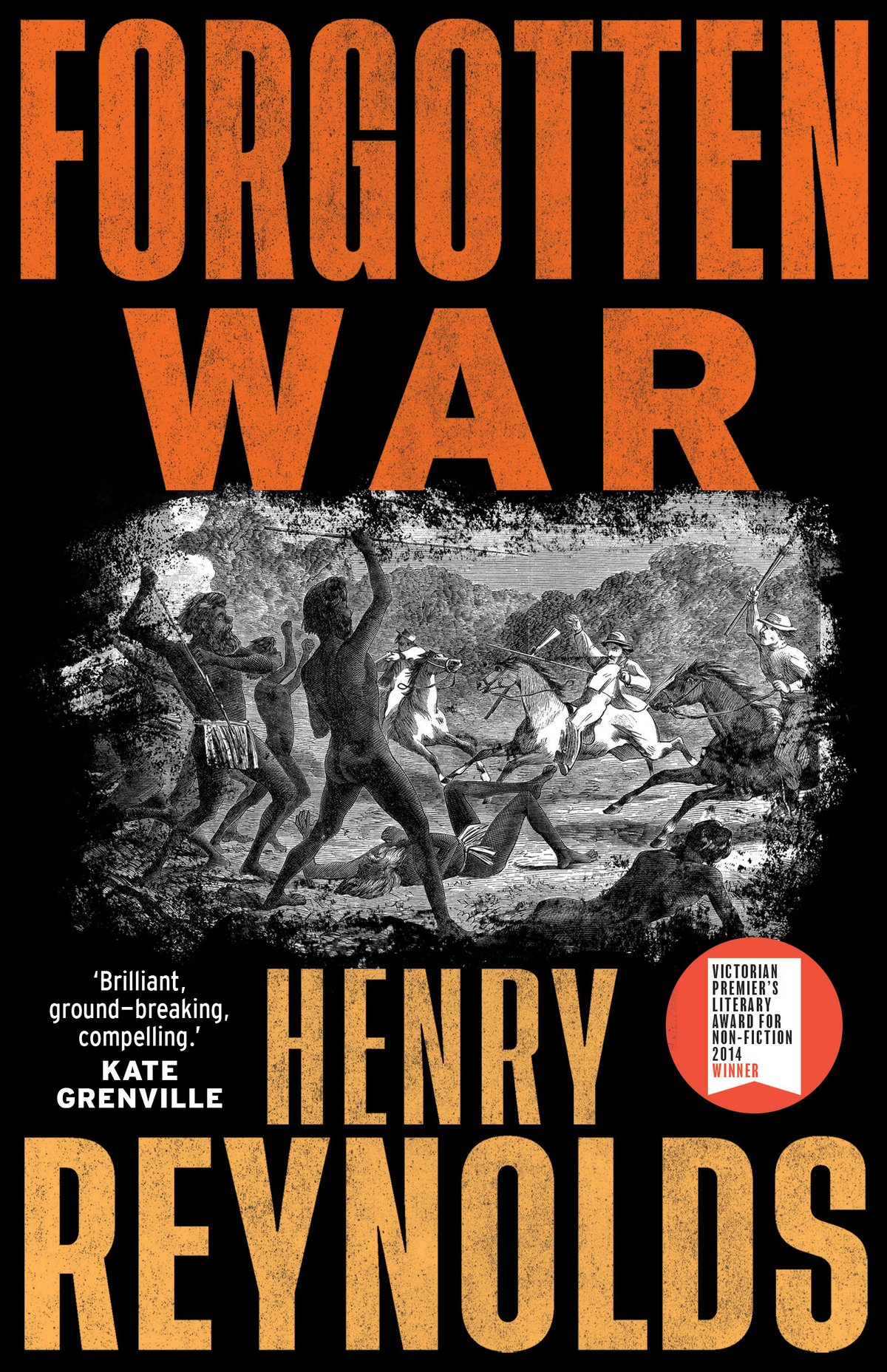
Forgotten War by Henry Reynolds
In this updated edition of Forgotten War, winner of the 2014 Victorian Premier’s Award for non-fiction, influential historian Henry Reynolds makes it clear that there can be no reconciliation without acknowledging the wars fought on our own soil.
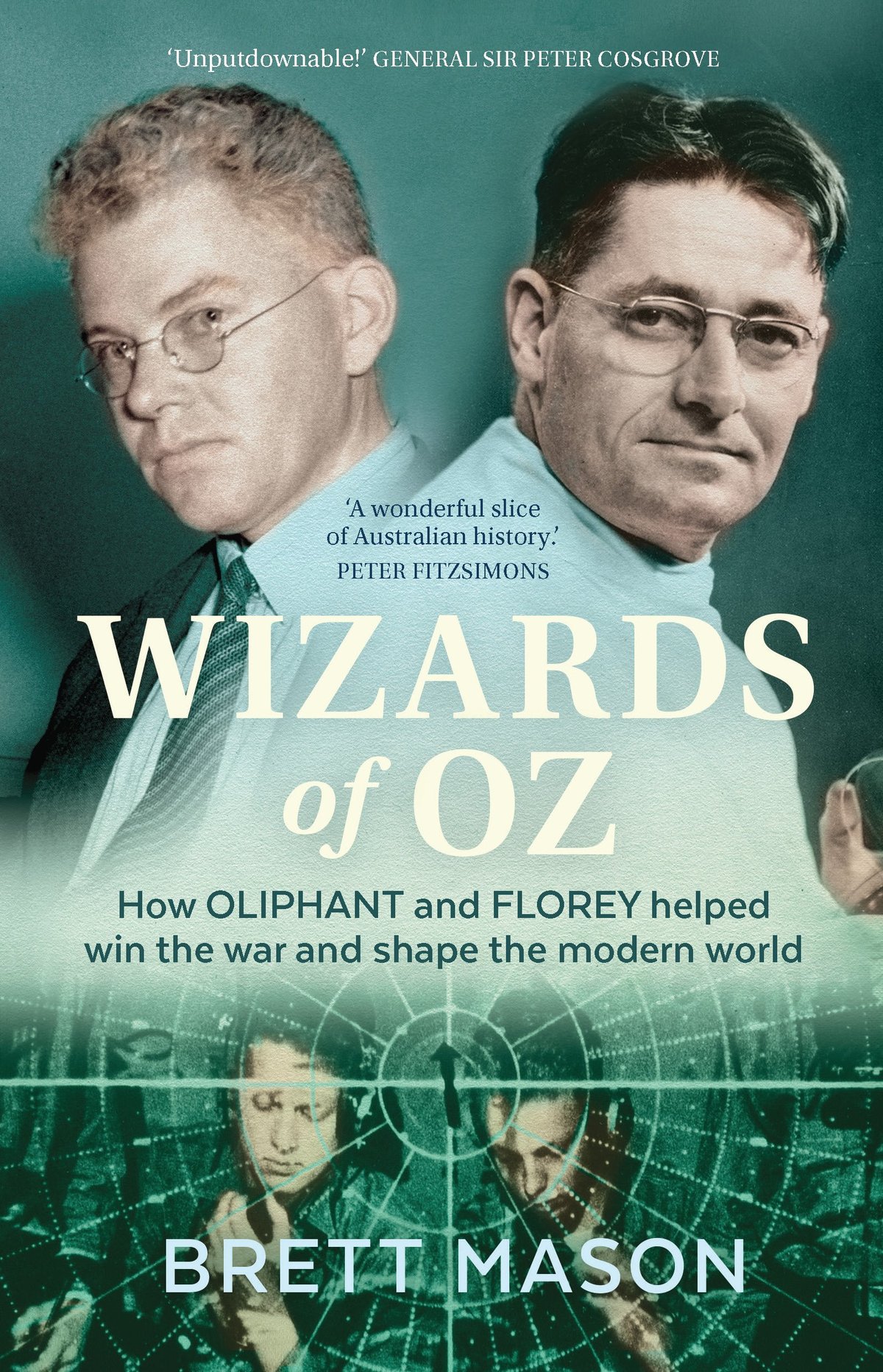
Wizards of Oz: How Oliphant and Florey helped win the war and shape the modern world by Brett Mason
Two Australian scientists played a vital yet largely unknown role in the Allied victory in the Second World War. Almost eight decades later, Wizards of Oz finally tells their story. In this fast-paced and compelling book, Brett Mason reveals how childhood friends from Adelaide — physicist Mark Oliphant and medical researcher Howard Florey — initiated the most significant scientific and industrial projects of the Second World War: manufacturing penicillin, developing microwave radar and building the atomic bomb. These innovations gave the Allies the edge and ultimate victory over Germany and Japan.
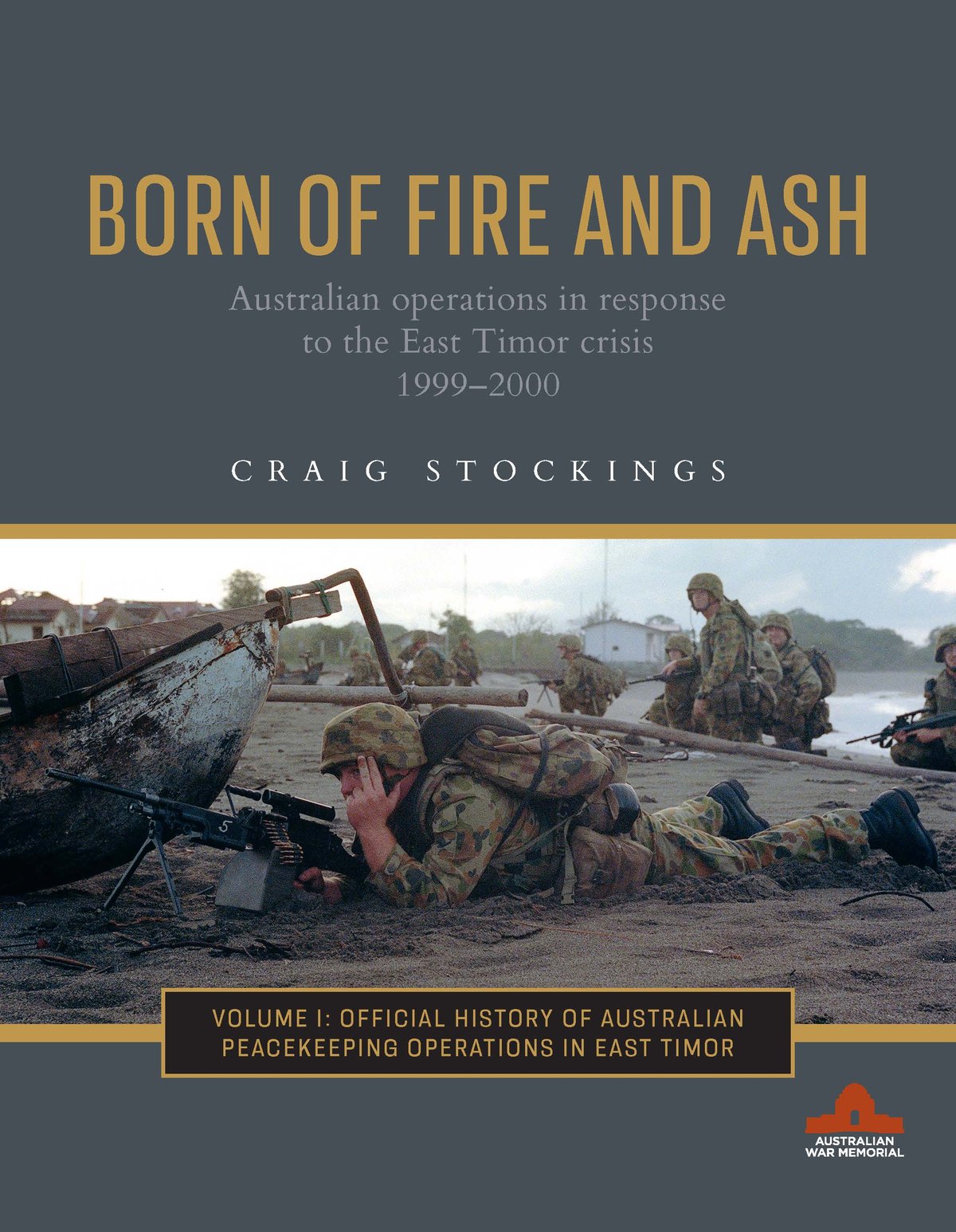
Born of Fire and Ash: Australian operations in response to the East Timor crisis 1999–2000 by Craig Stockings
The first volume in the landmark Official History of Australian Operations in Iraq, Afghanistan and East Timor, Born of Fire and Ash is an honest, challenging and compelling account of the 1999–2000 East Timor crisis and Australia’s response to it.
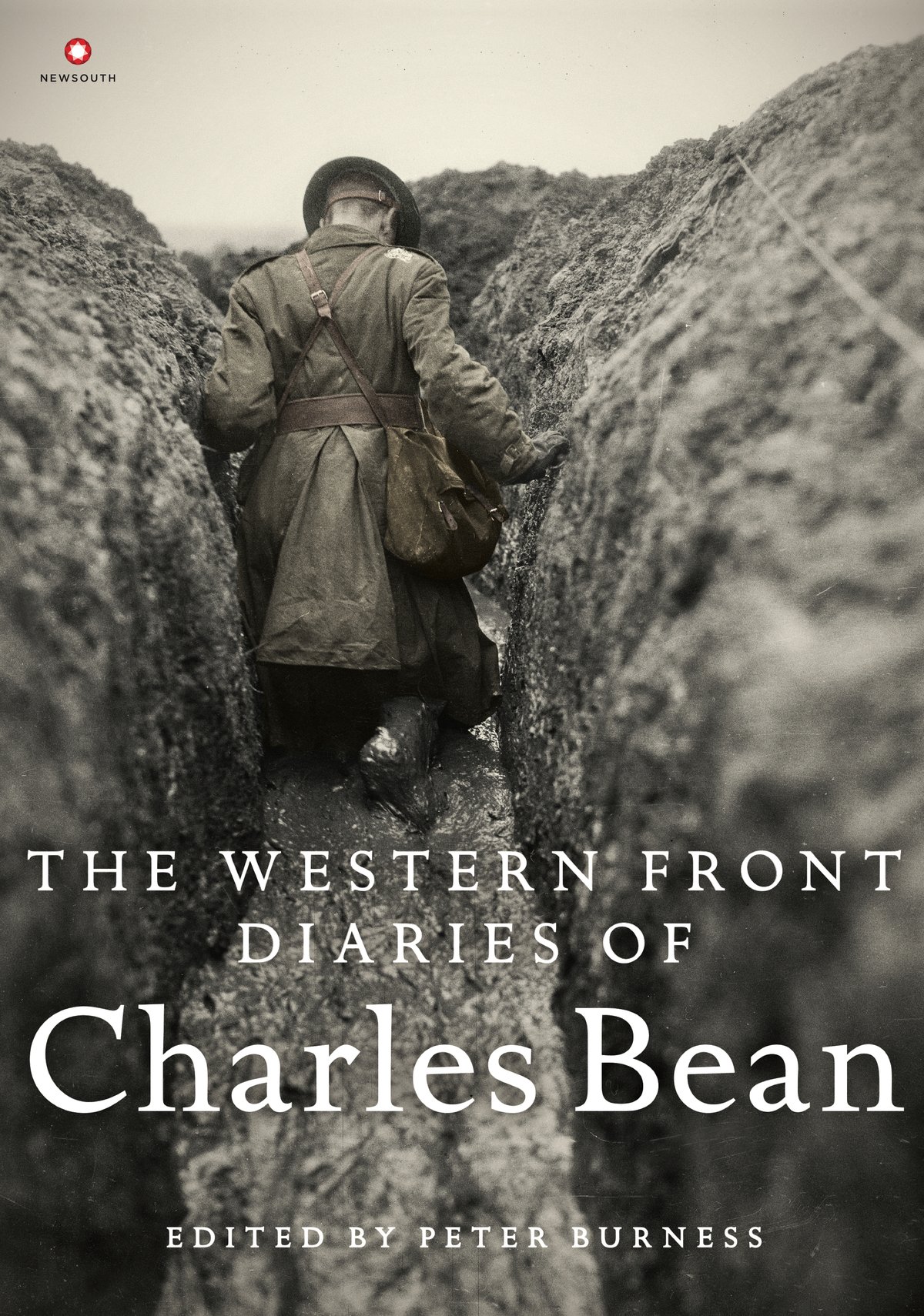
The Western Front Diaries of Charles Bean Edited by Peter Burness
Australia's official First World War correspondent, Charles Bean, saw more of the Australian Imperial Force's actions and battles on the Western Front than anyone. Bean's extensive private wartime diaries, held by the Australian War Memorial, form a unique and personal record of his experiences and observations throughout the war and were the basis of his monumental multi-volume official war history. Edited by esteemed historian Peter Burness, Bean's Western Front diaries are accompanied here by over 500 remarkable photographs, sketches and maps.
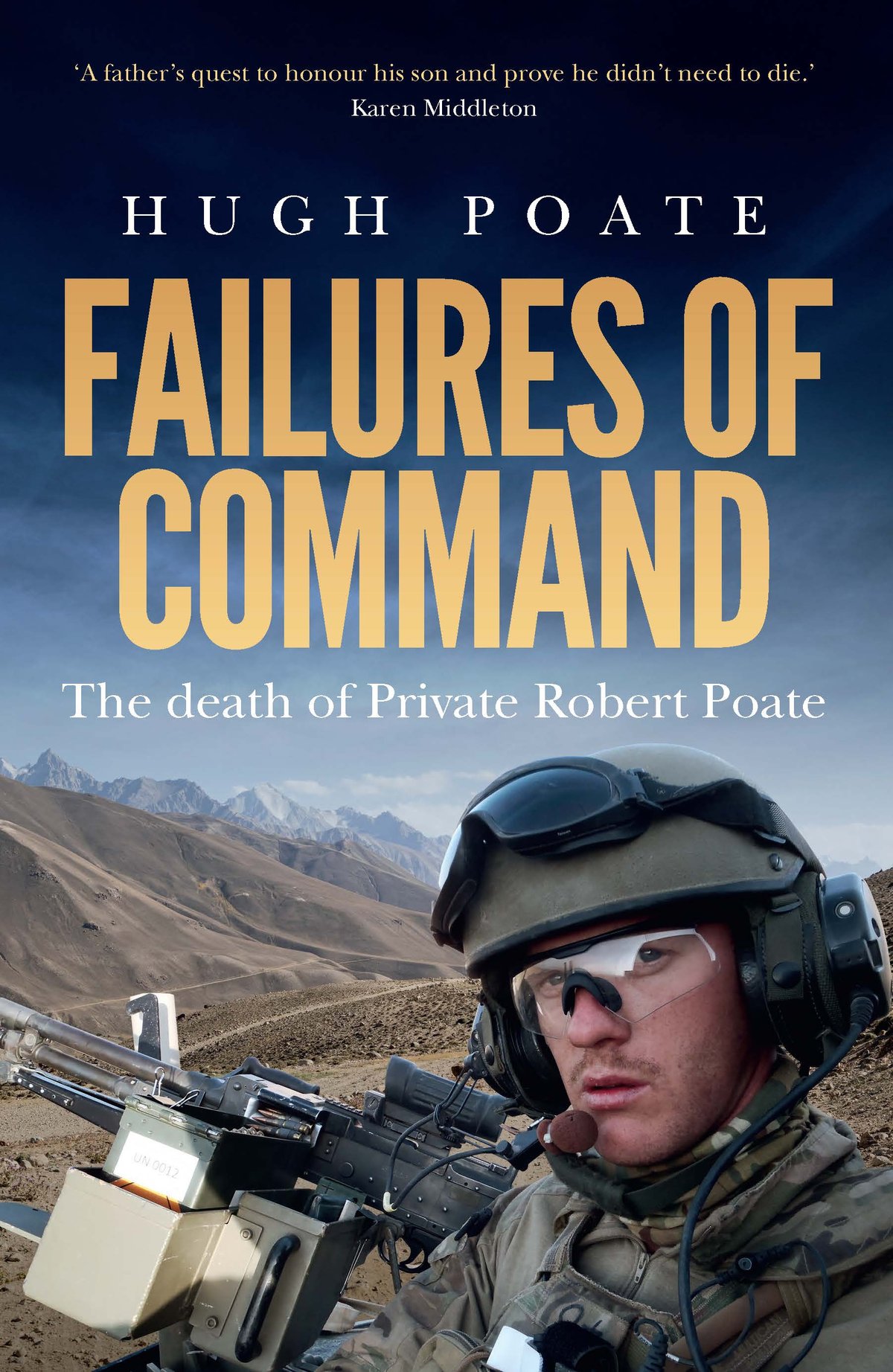
Failures of Command: The death of Private Robert Poate by Hugh Poate
This powerful book is the result of a father’s quest to find out the truth behind the death of his soldier son. Hugh Poate’s search reveals a labyrinth of excuses, denials, half-truths, cover-ups, contrived secrecy, incompetence, negligence, orders not followed, and lessons not learnt. Compelling and enraging, this story of the disturbing facts surrounding the devastating loss of three soldiers continues to reverberate beyond their families to the highest levels of the Australian Defence Force and Government.
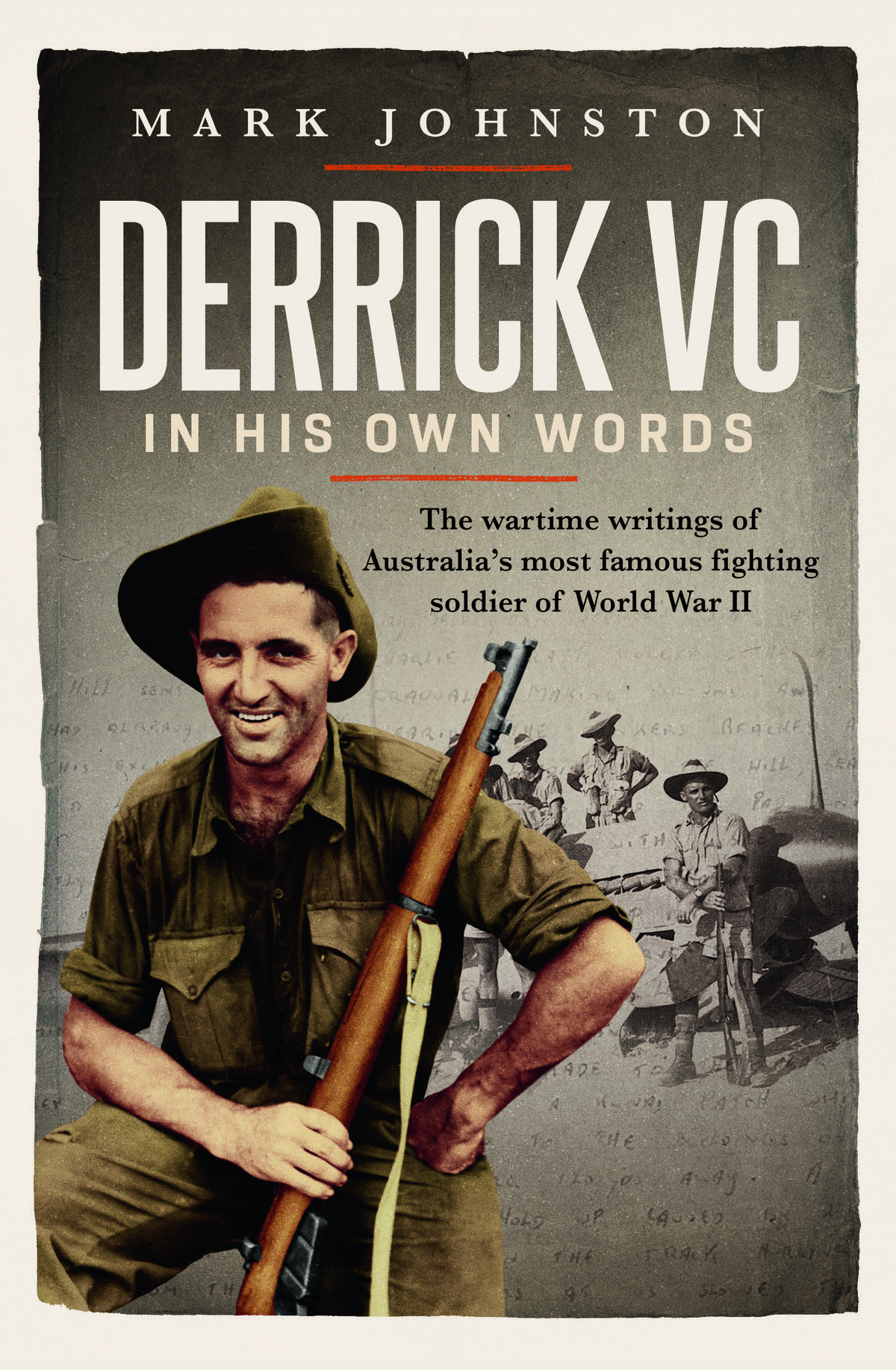
Derrick VC in his own words: The wartime writings of Australia's most famous fighting soldier of World War II Edited by Mark Johnston
When Tom ‘Diver’ Derrick enlisted in the Second Australian Imperial Force on 5 July 1940, he was a 26-year-old labourer with no great prospects. By the end of 1944, he was a national hero who had risen from humble private to become a twice-decorated officer in the 9th Division’s 2/48th Battalion. On the jungle-clad heights of Sattelberg in New Guinea, he spearheaded the capture of seemingly impregnable Japanese defences, winning the Victoria Cross. The diaries Derrick kept throughout his five gruelling campaigns, from Tobruk to Tarakan, are among the most important writings by any Australian soldier.


